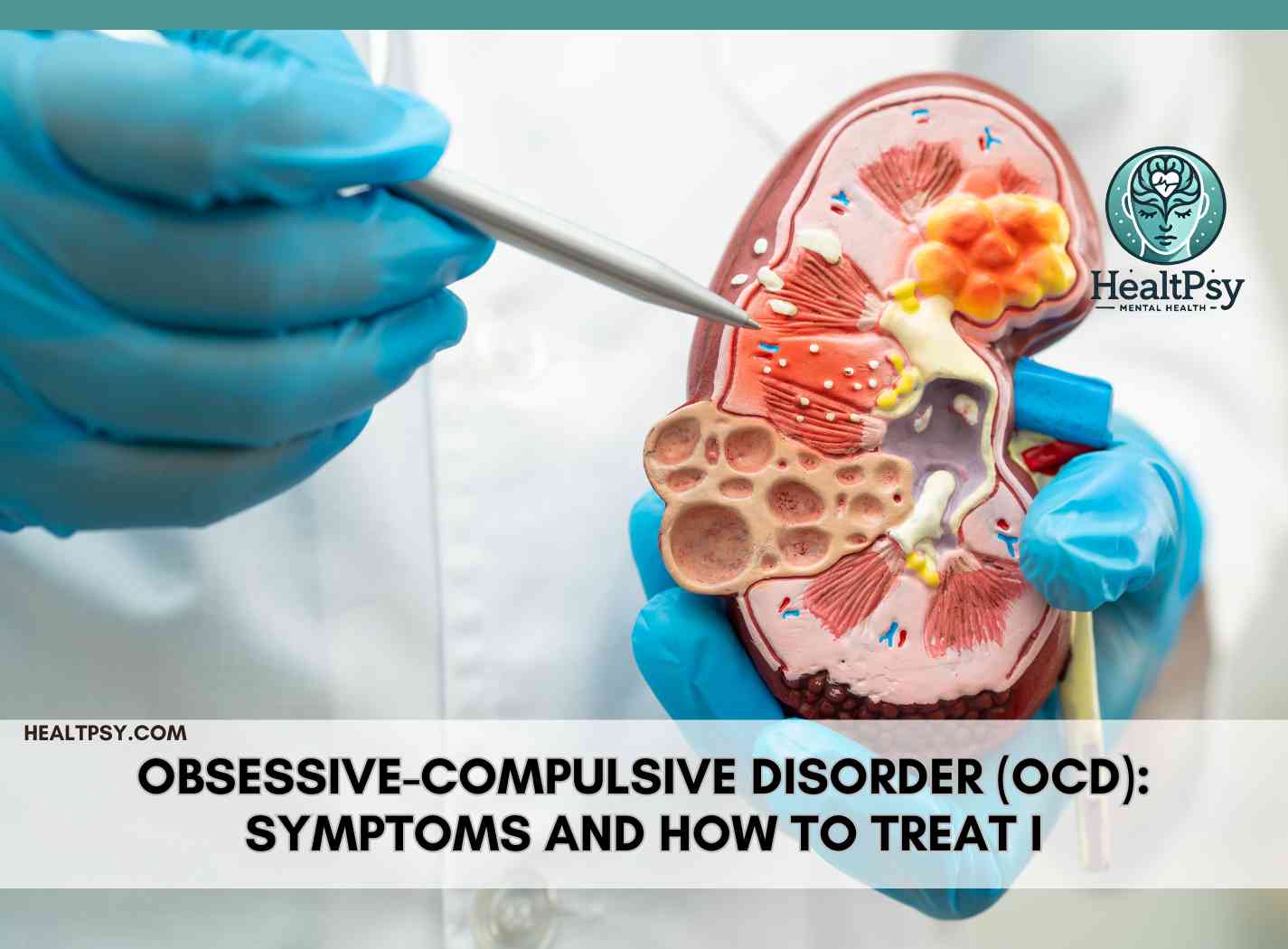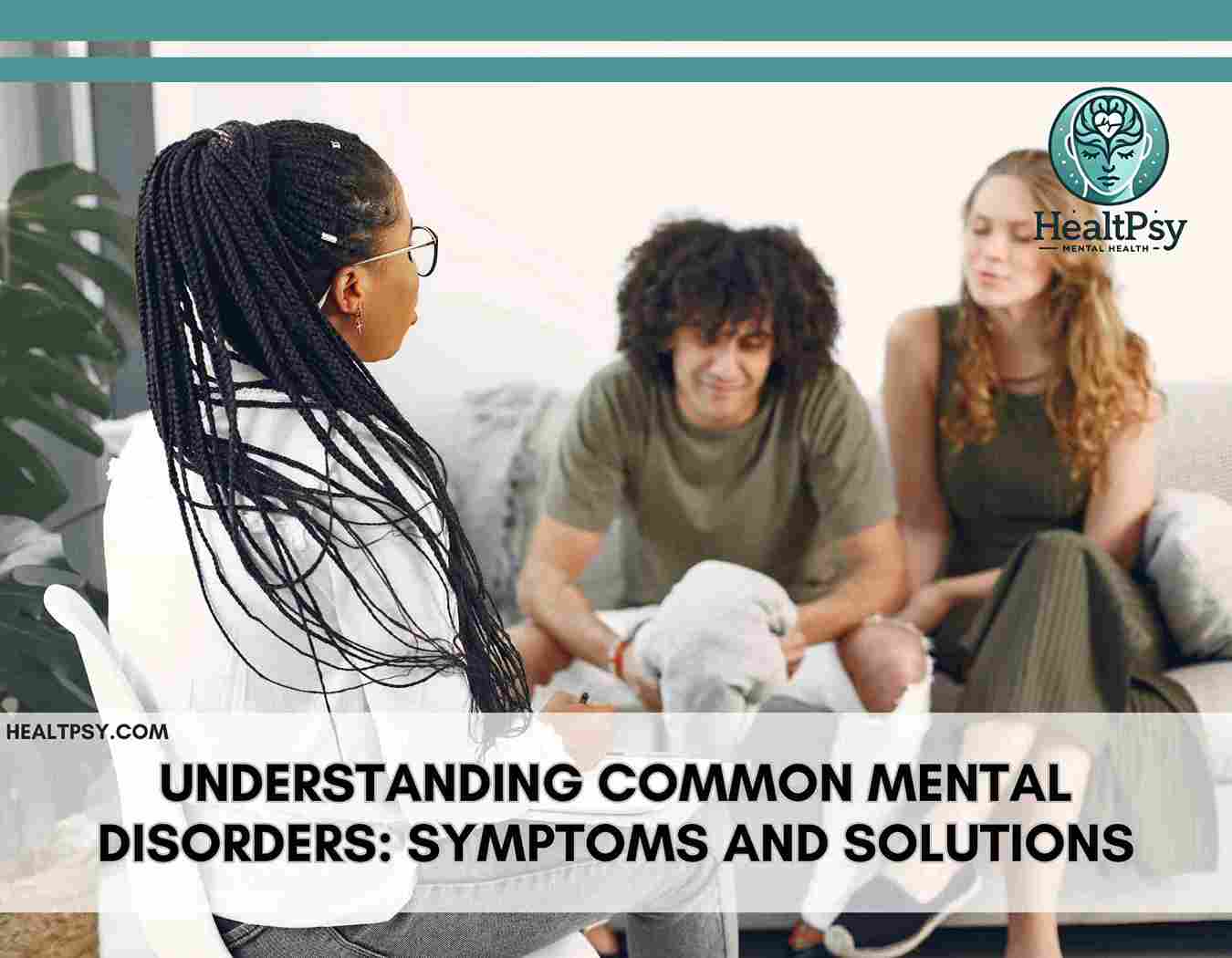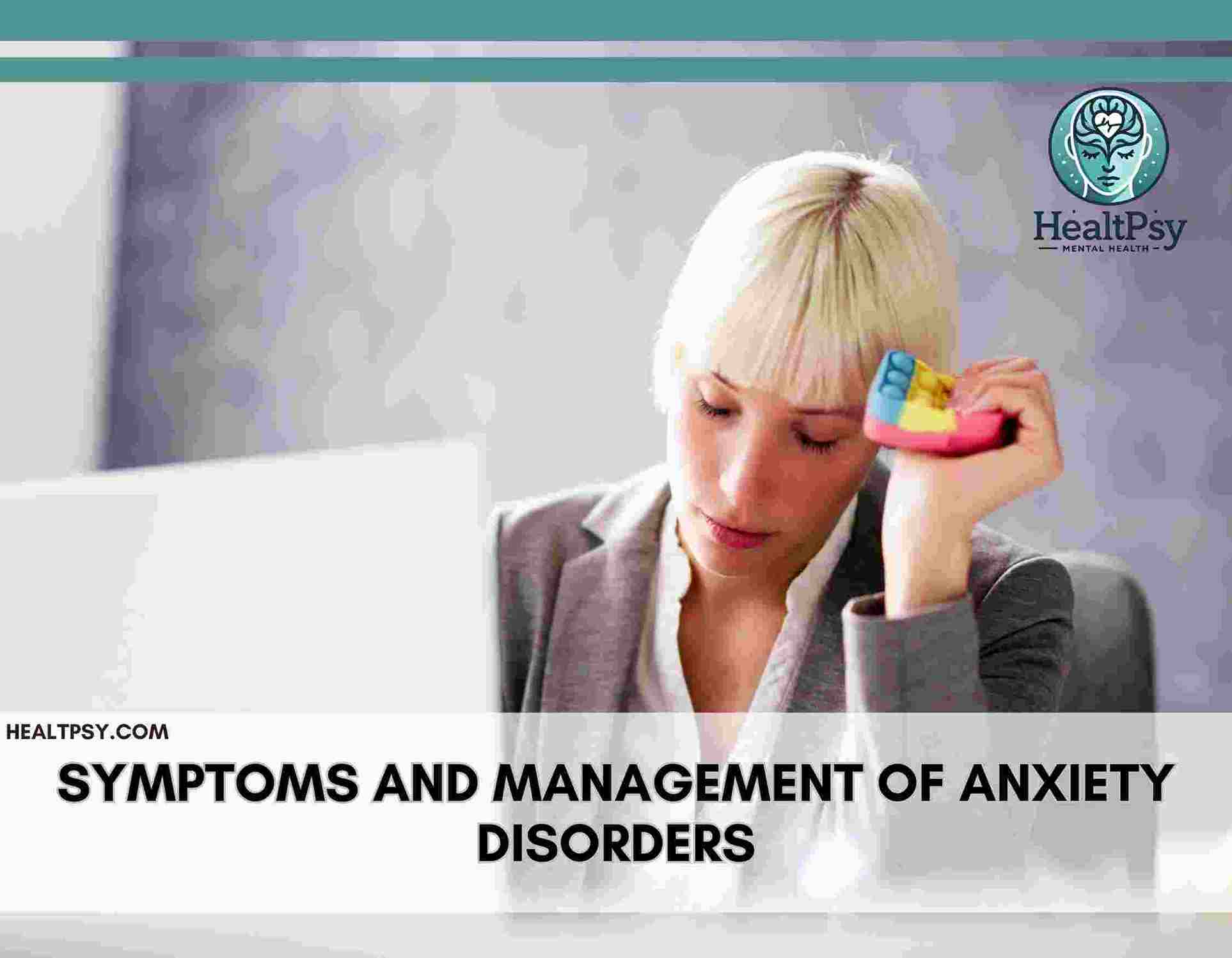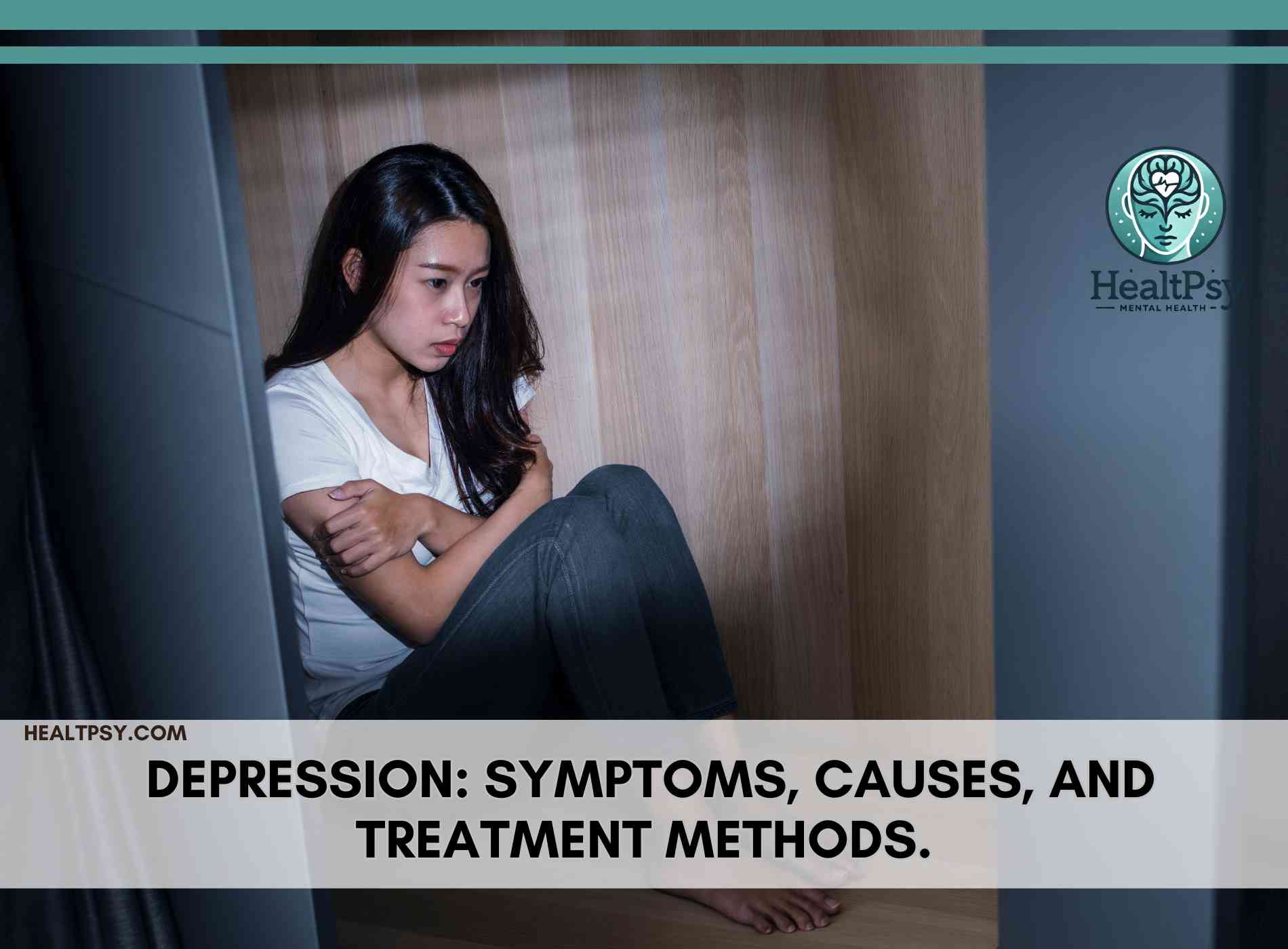Introduction
Obsessive-Compulsive Disorder (OCD) is a chronic mental health condition that affects millions worldwide. It is characterized by intrusive thoughts (obsessions) and repetitive behaviors (compulsions) aimed at reducing anxiety. While OCD can significantly impact daily life, effective treatment strategies can help individuals manage symptoms and improve their well-being.According to the American Psychiatric Association (APA), approximately 2-3% of the global population experiences OCD at some point in their lives. With the right treatment, many individuals can regain control over their thoughts and behaviors.
For more information on Teen Resilience, visit APA Resilience Resources or explore our Teen Mental Health section.
Understanding OCD: Symptoms and Diagnosis
Common Obsessions
- Fear of contamination (e.g., germs, dirt, chemicals).
- Unwanted intrusive thoughts related to harm or aggression.
- Intense need for order and symmetry.
- Religious or sexual intrusive thoughts.
Common Compulsions
- Excessive hand washing or cleaning.
- Repeated checking of doors, appliances, or personal belongings.
- Counting, tapping, or repeating words silently.
- Organizing items in a specific order.
5 Proven Strategies to Manage OCD
1. Cognitive-Behavioral Therapy (CBT)
Exposure and Response Prevention (ERP) is the most effective form of CBT for OCD.
ERP helps individuals confront fears gradually while preventing compulsive responses.
Research shows a 60-80% symptom reduction in patients undergoing ERP.
2. Pharmacotherapy
Selective Serotonin Reuptake Inhibitors (SSRIs) (e.g., fluoxetine, fluvoxamine, sertraline) are commonly prescribed.
Higher doses are often required compared to those used for depression.
Studies suggest that 40-60% of patients experience significant symptom relief with SSRIs.
3. Lifestyle Modifications
Practicing mindfulness meditation and relaxation techniques can help manage anxiety.
Regular physical exercise has been shown to reduce OCD symptoms by lowering stress levels.
Maintaining a structured daily routine minimizes triggers and promotes stability.
4. Neuromodulation and Advanced Therapies
Transcranial Magnetic Stimulation (TMS) is an FDA-approved treatment for OCD.
Deep Brain Stimulation (DBS) is an option for severe, treatment-resistant cases.
Research indicates that neuromodulation can benefit patients who do not respond to traditional treatments.
5. Support Networks and Education
Family involvement and peer support groups enhance treatment adherence.
Educational resources, such as the International OCD Foundation (IOCDF), provide valuable guidance.
Seeking professional help from a therapist or psychiatrist ensures personalized care.
Living with Obsessive-Compulsive Disorder (OCD): Coping Strategies
1. Challenge Irrational Thoughts
One of the most effective ways to cope with Obsessive-Compulsive Disorder (OCD) is to recognize and challenge irrational thoughts. People with Obsessive-Compulsive Disorder (OCD) often experience intrusive thoughts that feel overwhelming and real, even though they may not be based on reality. A helpful approach is to question the validity of these thoughts by asking:
- Is there concrete evidence supporting this fear?
- What is the worst that could realistically happen?
- How likely is it that my fear will come true?
By evaluating these thoughts critically, individuals can gradually weaken their power and reduce their impact on daily life.
2. Engage in Productive Activities
Redirecting focus away from compulsions can be an effective strategy to manage Obsessive-Compulsive Disorder (OCD) symptoms. Engaging in meaningful activities, such as hobbies, exercise, or social interactions, helps occupy the mind and reduce the intensity of intrusive thoughts. Activities like painting, playing an instrument, or even taking a walk outdoors can shift attention from compulsive behaviors to more fulfilling experiences.
3. Develop Healthy Coping Mechanisms
Building positive coping strategies can significantly improve the ability to handle stress related to Obsessive-Compulsive Disorder (OCD). Techniques such as:
- Journaling – Writing down thoughts can help externalize them and reduce their emotional grip.
- Deep breathing – Practicing controlled breathing techniques can calm the nervous system and ease anxiety.
- Progressive muscle relaxation – This technique involves tensing and then relaxing different muscle groups, promoting overall relaxation and reducing stress.
4. Avoid Avoidance Behaviors
It may seem natural to avoid situations or triggers that cause distress, but avoidance often reinforces fears and strengthens compulsions. Instead, a technique called exposure and response prevention (ERP) can be helpful. This involves gradually exposing oneself to feared situations while resisting the urge to engage in compulsions. Over time, this process can lead to desensitization and a reduction in anxiety levels associated with Obsessive-Compulsive Disorder (OCD).
5. Establish a Support System
Seeking support from family, friends, or a therapist can provide comfort and encouragement. Talking to others who understand the challenges of Obsessive-Compulsive Disorder (OCD) can help reduce feelings of isolation and foster motivation for long-term coping. Support groups and online forums can also provide valuable insights and reassurance.
6. Practice Self-Compassion
Managing Obsessive-Compulsive Disorder (OCD) is a journey, and setbacks are a natural part of the process. Instead of being self-critical, practicing self-kindness and acknowledging progress—no matter how small—can help build resilience and confidence in managing symptoms. Self-care practices, such as mindfulness meditation and engaging in enjoyable activities, can also contribute to emotional well-being.
By implementing these coping strategies consistently, individuals with Obsessive-Compulsive Disorder (OCD) can develop greater control over their thoughts and behaviors, leading to an improved quality of life.
Conclusion
Obsessive-Compulsive Disorder (OCD) is a treatable condition. Advances in cognitive-behavioral therapy (CBT), medication, and neuromodulation techniques have provided hope for millions. Early intervention and a comprehensive treatment approach improve long-term outcomes.
If you or someone you know is struggling with OCD, seeking professional support is the first step toward recovery.





